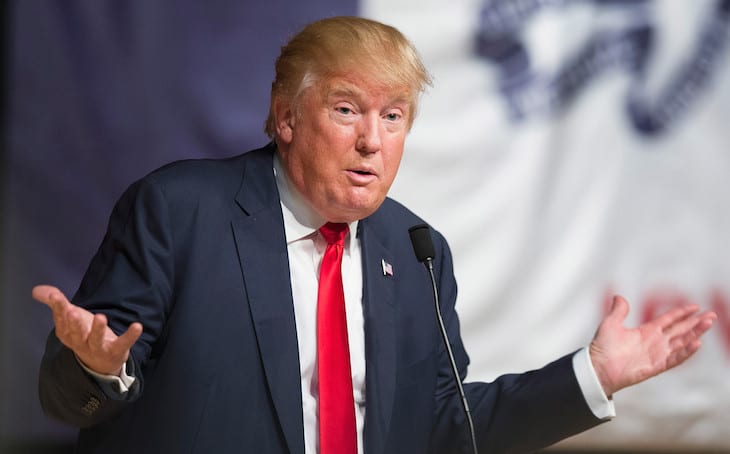(Market Watch) Regulators in the Trump administration are proposing to roll back safety measures put in place after the 2010 Deepwater Horizon oil spill, a revision that would reduce the role of government in offshore oil production and return more responsibility to private companies.
The Bureau of Safety and Environmental Enforcement, which regulates offshore oil and gas drilling, estimates its proposed changes could save the industry more than $900 million over the next 10 years and reverse some risk-reduction measures the industry considered burdensome.
The proposed rule would relax requirements to stream real-time data on oil-production operations to facilities onshore, where they currently are available to be reviewed by government regulators. It also would strike a provision requiring third-party inspectors of critical equipment—like the blowout preventer that failed in the Deepwater Horizon case—be certified by BSEE.
Industry would be getting much of what it asked for, though the agency is proposing leaving in place a standard that governs how much pressure drillers must maintain while drilling a well. It proposes deleting the word “safe” from that section of the rule, though, saying the term was ambiguous and could be used by regulators to go beyond their authority to reject certain permits for drilling.
The revisions are one piece of a broad Trump administration effort to loosen regulatory restrictions on business and industry, one with a particularly broad effect in the energy sector. The Interior Department is moving to expand offshore drilling on millions of acres where it previously hasn’t been allowed. The tax overhaul Trump signed Friday includes a provision to open the Arctic National Wildlife Refuge to oil production, a goal long sought by oil companies and Republican lawmakers.



